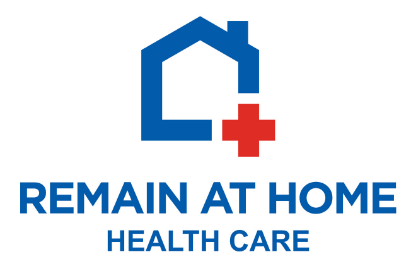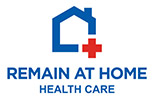Selecting the right Companion Care agency for yourself or a loved one may be one of the most important decisions you make in your lifetime. The task requires researching an agency’s costs and explicit offerings; screening caregivers for credentials as well as
To help guide you in your search, please find below a list of questions and why they are important as a starting point for interviewing prospective Companion Care agencies. If the team at RAH can assist in any way, please do not hesitate to call or visit our offices.
Does your organization conduct background/DMV/initial and ongoing random drug screening checks on your caregivers? Is it ongoing or just at the onset of employment?
Relevance – Having access to all belongings in your/a loved one’s home can bring about some serious problems if dealing with a person who is a convicted felon and/or who is other-than-honorable.
What medical qualifications do you require as a condition of employment? Are your caregivers’ licensed medical practitioners or just ‘trained internally?’ If there is a medical emergency, what are protocols are in-place ?
Relevance – An unfortunate reality in the companion care sector is that a large majority of caregivers are not “skilled” (possess a medical license) and therefore are not qualified to intervene in case of an emergency nor to provide ongoing quality care. Some companies will site “internal training,” which often times involves watching a series of videos or merely “shadowing” a more senior caregiver for a limited amount of time.
Is your organization fully insured/bonded?
Relevance – Surprisingly, it is not a law for companion care companies to possess any kind of insurance coverage. Some do, some don’t. If answered in the affirmative, request a copy of their Liability Certificate of Insurance – one-sheet of paper which lists the specifics about coverage, both categorically and coverage amounts.
In addition to the in-home assessment, is it possible for us (family) to visit your offices to personally meet the management team and caregivers?
Relevance – This will afford you/your family the opportunity to take an intricate look at the inner-workings of an agency that will literally be serving you/a loved one in the place you/they call home. Obviously, the stakes are very high and a tremendous amount of trust and confidence in caregiving acumen (at the onset of care and going-forward) is vital.
Does your company offer RN and/or MD oversight?
Relevance – There is no clinical oversight mandate in the companion care space. Those
Are your staff capable of servicing any/all chronic illnesses and emergent care situations? What are their credentials/qualifications for doing so?” Licensed caregiver? CPR and First-Aid certified?
Relevance – With the absence of licensed personnel in the companion care space, very few agencies are able to care for those with a high level of acuity, other than in the context of ADL assistance (“activities of daily life”). Statistically speaking, if a caregiver is spending even just a handful of hours each day with someone who is elderly and/or
What do your charge?
Relevance – This should be a “per hour” charge, based on where the client “falls” in terms of acuity level. Higher the acuity or “level of sickness,” the more work that will be required. Be wary of companies that charge less – often times, “bait and switch” practices are at the core of low fees. Look for “one fee covers all” pricing. Moreover, those who can charge less can do so since they are not incurring the necessary hard-costs of a legitimate agency (i.e. insurance, bonding, etc.). The cliché “three-legged stool” analogy applies here.
Does your company have an in-depth VA program and/or offer “volume discounts” at the daily 12 and 24-hour utilization levels?
Relevance – Most agencies will stick to a rigid, fixed hourly cost. In regards to the VA, there are an infinite amount of programs that are seldom “enacted” due to a lack of even of even cursory research. Sadly, many vets are literally “leaving money on the table” – if the company answers in the affirmative, will they do all of the

